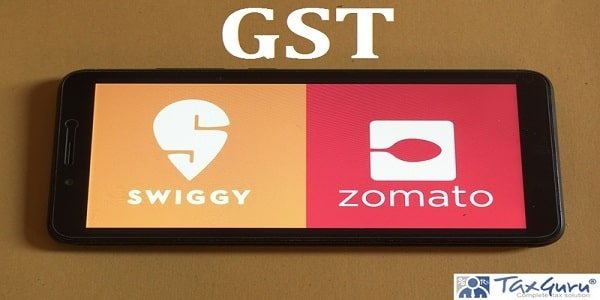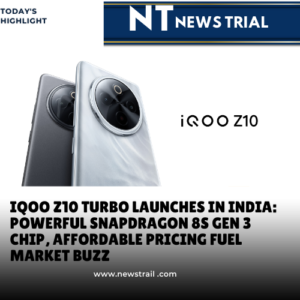GST Woes Hit Food Delivery Giants Swiggy and Zomato Grapple with Fresh Notices on Delivery Fee Taxation

GST Woes Hit Food Delivery Giants Swiggy and Zomato Grapple with Fresh Notices on Delivery Fee Taxation India’s leading food delivery platforms, Swiggy and Zomato, find themselves in the midst of a new challenge as they navigate the complex terrain of Goods and Services Tax (GST). The companies are now contending with fresh GST notices pertaining to the taxation of their delivery fees, adding another layer of complexity to an already competitive and evolving industry.
The imposition of GST on services has been a recurrent issue for various sectors in India. In the case of food delivery platforms, the delivery fee has become a focal point for taxation discussions. Recent notices from tax authorities have brought this matter to the forefront, prompting Swiggy and Zomato to reassess their financial models and compliance strategies.
The Nature of the Dispute: The crux of the issue lies in whether the delivery fee charged by these platforms should be classified as a service and, consequently, be subject to GST. Tax authorities argue that the delivery service provided by these platforms is distinct from the sale of food and should be treated as a separate taxable service. However, Swiggy and Zomato contend that the delivery fee is an integral part of the overall service, which includes the supply of food.
Impact on Operational Costs: The GST notices have significant implications for the operational costs of Swiggy and Zomato. If the delivery fee is deemed a separate taxable service, it could result in higher tax liabilities for the platforms. This, in turn, may necessitate a reassessment of pricing structures, potentially leading to increased costs for consumers or adjustments to the profit margins of these companies.
Industry-wide Ramifications: The ongoing dispute has broader implications for the entire food delivery industry in India. As Swiggy and Zomato navigate this regulatory challenge, other players in the market may also face scrutiny regarding their taxation practices. The resolution of this issue could set a precedent for how delivery fees are treated across the sector, impacting the financial dynamics of multiple players.
Navigating Regulatory Challenges: For Swiggy and Zomato, the current scenario underscores the importance of effectively navigating regulatory challenges in a rapidly evolving business landscape. As pioneers in the food delivery sector, these companies must strike a delicate balance between ensuring compliance with tax regulations and maintaining a competitive edge in the market.
Collaboration and Dialogue: The GST notices also highlight the need for collaboration and dialogue between the government and industry stakeholders. A constructive and transparent engagement can help clarify regulatory ambiguities, ensuring that tax policies align with the dynamic nature of emerging business models.
The GST notices served to Swiggy and Zomato on their delivery fees mark a new chapter in the ongoing challenges faced by India’s food delivery giants. As the industry grapples with the complexities of taxation, there is an opportunity for dialogue and collaboration between the government and industry players to establish a framework that fosters compliance while supporting the growth and sustainability of this critical sector in India’s digital economy.
Last Updated on: Wednesday, November 22, 2023 9:28 am by Admin | Published by: Admin on Wednesday, November 22, 2023, 9:28 am | News Categories: Latest News India: Breaking News & Top Headlines | News Trail, Business, India, Technology
About Us: NewsTrail covers the latest News on Current News, Business, Sports, Tech, Entertainment, Lifestyle, Automobiles, and more, led by Editor-in-Chief Ankur Srivastava. Stay connected on Facebook, Instagram, LinkedIn, X (formerly Twitter), Google News, and Whatsapp Channel.
Disclaimer: At NewsTrail, we are committed to providing accurate, reliable, and thoroughly verified information, sourced from trusted media outlets. For more details, please visit our About, Disclaimer, and Privacy Policy pages. If you have any questions, feedback, or concerns, feel free to contact us through email.
Contact Us: newstrail4@gmail.com





